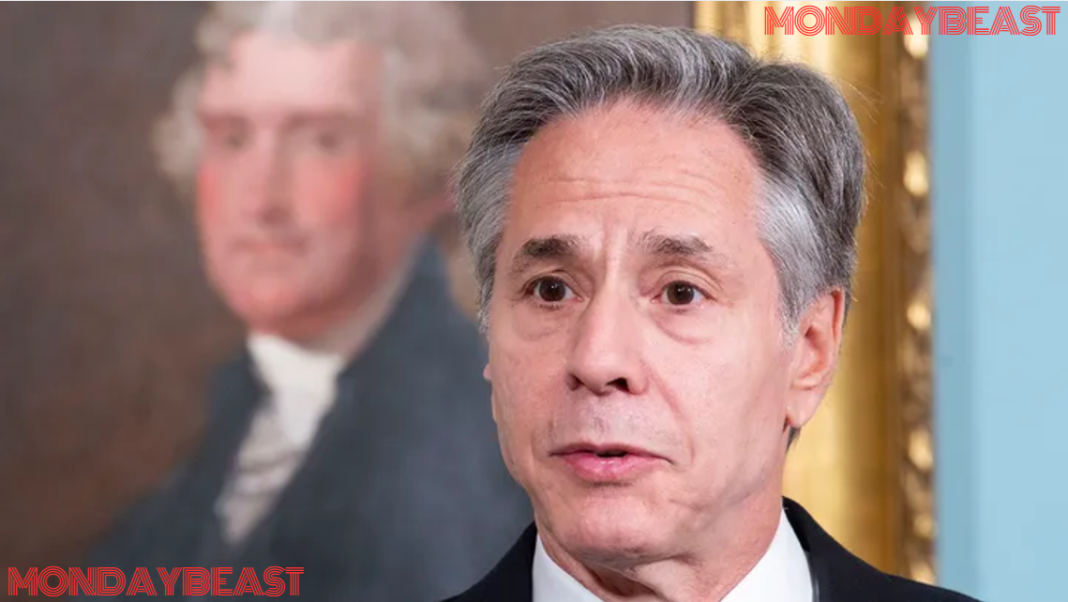Also read Did Rachel Maddow Really Cry Over Musk’s MSNBC Joke? The Viral Video Explained
Introduction: Mental Health in Politics
The intersection of mental health and politics raises crucial questions. What happens when government employees feel deep distress due to election results? Recently, the State Department ignited a debate over this very issue after hosting therapy sessions post-Trump’s victory. Such practices open the door to larger discussions on mental health support in government workplaces.
These sessions were reportedly initiated to help employees navigate their feelings after Donald Trump won the presidential race in 2016. You might wonder: Should a government entity use resources to help employees cope with their emotional reactions to a political outcome? Understanding this situation requires examining the broader implications and perspectives at play.
The Sessions: A Deeper Look

Two distinct therapy sessions caught attention. Reports indicated one was an informal “cry session.” Employees could express their feelings about the election results openly; shock and sadness dominated the narratives. Another session advertised as an “insightful webinar” aimed to teach stress management strategies.
This juxtaposition of formats raises questions about the appropriateness and objectives of such engagements. Imagine being in that scenario, feeling isolated and overwhelmed. How do you process the abrupt shift in administration? For many, these sessions served as a lifeline to navigate uncertain waters.
However, should taxpayer money fund this catharsis? This remains a contentious debate.
Darrell Issa’s Critique

In a pointed letter to Secretary of State Antony Blinken, Representative Darrell Issa criticized the sessions as inappropriate. He highlighted the potential risks of creating a workplace culture sensitive to political outcomes. Issa’s contention is noteworthy: should government employees require counseling merely based on political disappointment?
He expressed concern over how such practices might shape the willingness of staff to support new policies introduced by the Trump administration. Issa’s words resonate with those who advocate for a nonpartisan governmental framework. After all, is it not essential for federal employees to uphold their duties irrespective of personal feelings?
This perspective reflects a desire for professionalism over emotional responses, emphasizing the importance of maintaining functionality in public service.
Balancing Mental Health Needs

While some argue against these therapy sessions, we cannot ignore the importance of mental health in the workplace. The toll of political distress affects everyone differently. What about the individuals who genuinely seek support during turbulent times?
Mental health cannot be understated, especially in high-stress environments like the State Department. Perhaps these sessions were an attempt to humanize our government. They reflect broader societal recognition of mental health as a valid concern, deserving of attention and care.
Striking this balance requires careful consideration and thoughtful dialogue about the role of emotional support in public service.
Conclusion: The Road Ahead
As we look to the future, one thing remains evident: the dialogue must continue. How do we address the mental well-being of government employees without compromising professionalism? What can be done to ensure that emotional support doesn’t overshadow the duties of public servants?
These questions will frame the ongoing conversation around the role of mental health initiatives in government agencies. The fallout from the therapy sessions will likely impact future decisions at the State Department. Whether viewed as necessary support or an overstep, they ultimately highlight a critical conversation about mental health in politics.




